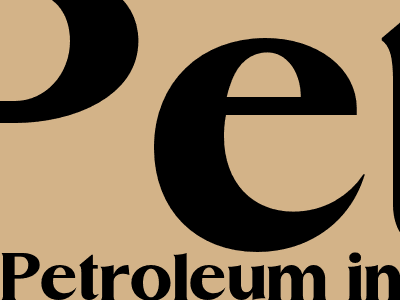
The Burgeoning Petroleum Industry in Canada's Alberta Province: A Comprehensive Analysis
Alberta's Petroleum Industry: An Economic Powerhouse
The petroleum industry serves as a cornerstone of Alberta's economy, contributing significantly to its prosperity and growth. The province boasts vast reserves of crude oil and natural gas, positioning it as a leading energy producer in Canada and a major player in the global energy market. The industry generates employment opportunities, fuels economic development, and provides substantial revenue for government programs and services.
Environmental Considerations and Sustainability
While the petroleum industry undoubtedly drives Alberta's economic growth, concerns regarding environmental impact and sustainability have come to the forefront. The industry's activities, such as extraction, transportation, and refining, can potentially impact air, water, land, and wildlife. Recognizing these concerns, the government and industry stakeholders are implementing responsible practices, investing in research and innovation, and adopting technologies to minimize environmental footprints while ensuring sustainable development.
Exploration and Production: Unlocking Alberta's Energy Resources
Exploration involves identifying and assessing potential oil and gas reservoirs. Advanced technologies, such as seismic surveys and core drilling, play a crucial role in this process. Once viable reservoirs are identified, production commences, utilizing techniques like horizontal drilling and hydraulic fracturing to extract resources efficiently.
Responsible development practices are paramount throughout the exploration and production phases. Environmental impact assessments, reclamation programs, and adherence to regulatory standards help mitigate the industry's ecological footprint.
Transportation and Refining: Connecting Resources to Markets
Pipelines serve as the primary mode of transporting crude oil and natural gas from production sites to refineries and export terminals. Alberta's extensive pipeline network facilitates efficient and cost-effective movement of resources domestically and internationally.
Refineries process crude oil into gasoline, diesel, and other petroleum products, meeting the needs of consumers and industries. Advanced refining technologies enhance efficiency, reduce emissions, and improve product quality.
Government Regulation and Industry Initiatives
The Government of Alberta plays a pivotal role in regulating the petroleum industry, ensuring responsible development, protecting the environment, and maximizing economic benefits for the province. Regulations cover aspects such as environmental protection, resource conservation, and worker safety.
Industry associations and companies actively participate in initiatives promoting sustainability, innovation, and best practices. These efforts contribute to responsible resource development, minimizing environmental impacts, and advancing technological advancements.
Conclusion
The petroleum industry remains a driving force in Alberta's economy, providing jobs, generating revenue, and fueling development. While environmental considerations are crucial, the industry is committed to responsible practices and sustainable operations. Through continuous innovation, collaboration, and responsible regulation, Alberta's petroleum industry strives to harness its energy resources while preserving the province's natural heritage for future generations.